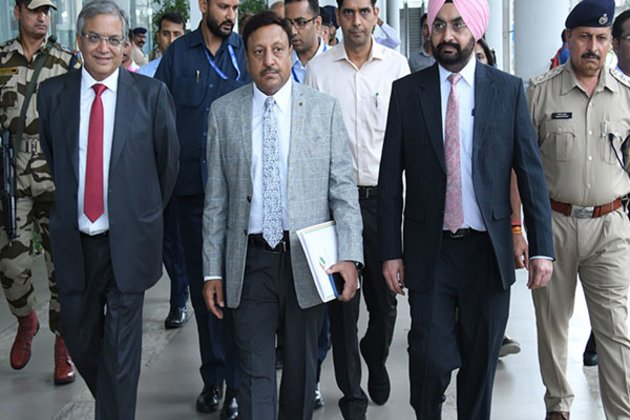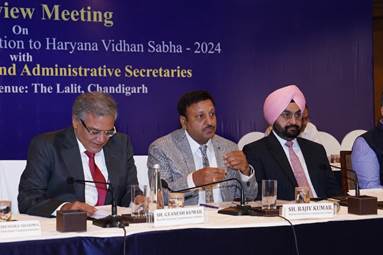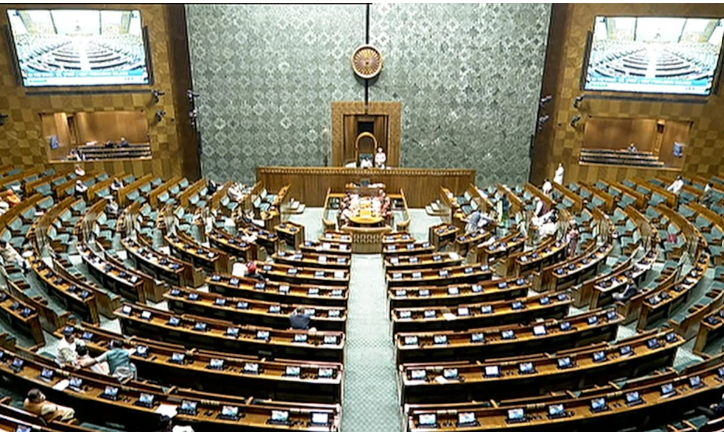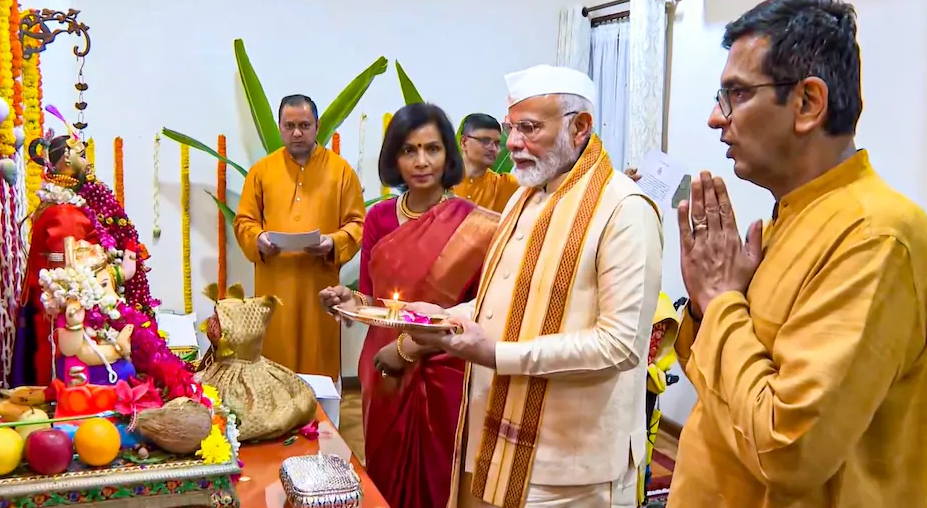During a two-day review by the Election Commission, representatives from several national and state political parties, including the Aam Aadmi Party, Bharatiya Janata Party, Communist Party of India (Marxist), Indian National Congress, Indian National Lok Dal, and Jannayak Janta Party, met with the Commission to discuss various election-related concerns.
 Key issues raised by the political parties included:
Key issues raised by the political parties included:
- Ensuring the conduct of free and fair elections with strict measures against the misuse of government machinery.
- Deploying adequate central forces at sensitive polling stations to maintain security.
- Updating the electoral roll to remove deceased and relocated voters, particularly in Panchkula.
- Reducing the distance between polling stations and improving facilities for elderly and women voters.
- Relocating party polling desks closer to polling station entrances in urban areas, from 200 meters to 50 meters.
- Enhancing the accessibility of election Observers for timely grievance redressal.
- Promptly sharing voter lists with candidates after the nomination deadline.
- Providing advance notice to political parties and candidates when polling teams visit voters’ homes for home voting.
- Increasing the expenditure limit for candidates in assembly elections.
The Commission assured the representatives that it is committed to conducting free, fair, inclusive, and peaceful elections. Political parties were encouraged to participate actively in the ongoing second Special Summary Revision process to update the electoral rolls before the elections.
For the first time in Haryana State Assembly Elections, voters over 85 years old and persons with disabilities (PwDs) with a 40% benchmark disability will have the option to vote from home. The home voting facility is optional, and those who prefer to vote in person will receive necessary assistance at the polling stations. The process is monitored and involves representatives from political parties.
The Commission also conducted a detailed review with District Election Officers (DEOs), Superintendents of Police (SPs), Divisional Commissioners, and Inspectors General (IGs) on various aspects of election planning and conduct, including electoral rolls, EVM management, logistics, polling station setup, training of election staff, law and order, and voter awareness activities.
Discussions were also held with the Chief Electoral Officer (CEO) and State Police Nodal Officer regarding administrative, logistical, law and order, and election-related arrangements. The CEO provided an overview of election management, including the ongoing Special Summary Revision of Electoral Rolls. The final electoral roll, set to be published on August 27, 2024, will be shared with all recognized parties.
In their presentations, DEOs highlighted the use of technology, such as the cVIGIL app for reporting electoral violations, the SUVIDHA app for candidate permissions, and the Saksham app for PwD voters. Webcasting will be conducted at all polling stations wherever feasible, going beyond the Election Commission of India’s (ECI) directive of webcasting at 50% of polling stations.
On the second day of the review, the Commission met with nearly 20 central and state enforcement agencies to focus on ensuring inducement-free elections. The agencies were directed to coordinate efforts to curb the inflow of illicit liquor, cash, and drugs, monitor critical check posts, and maintain vigilance over unscheduled flights and online cash transfers.
Senior officials from the Commission were also present during the review meetings to ensure comprehensive preparation for the upcoming elections.




